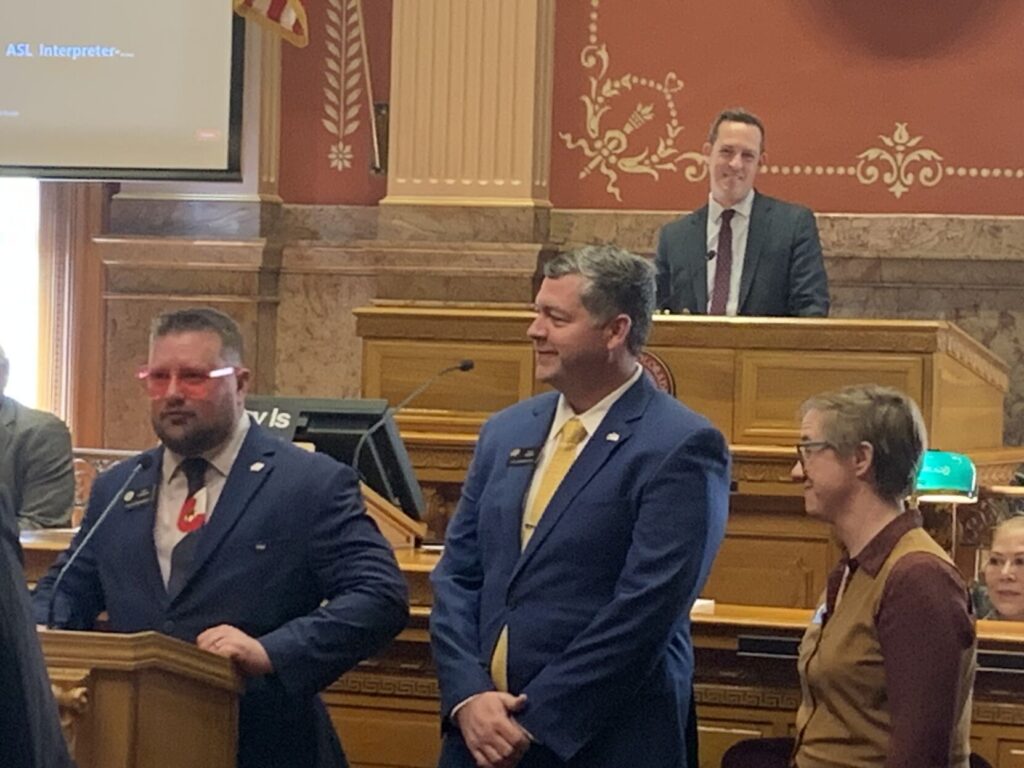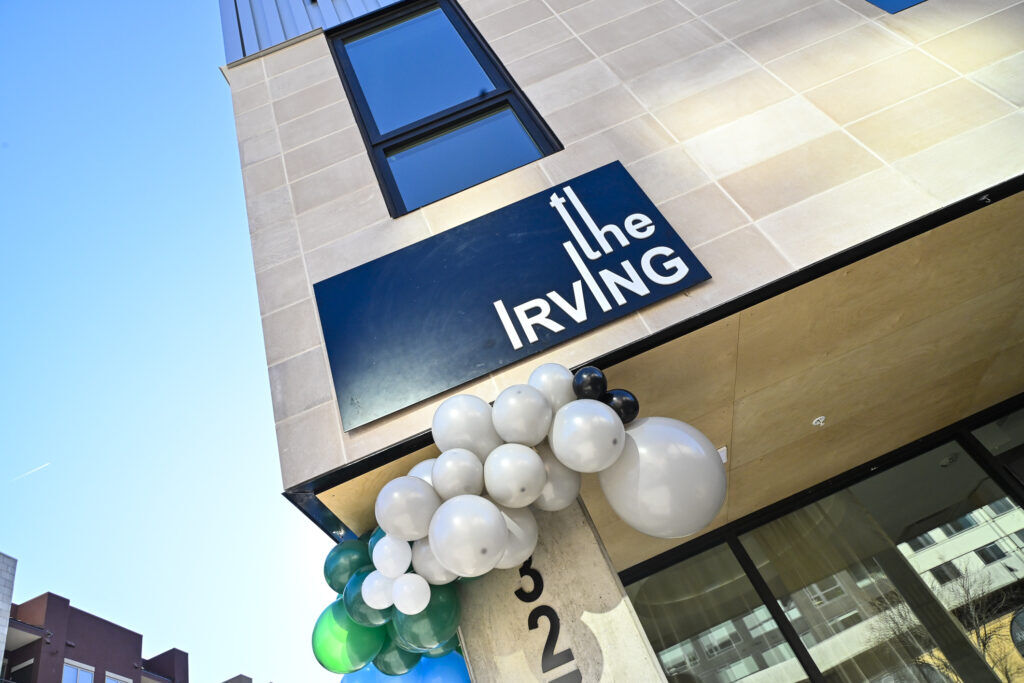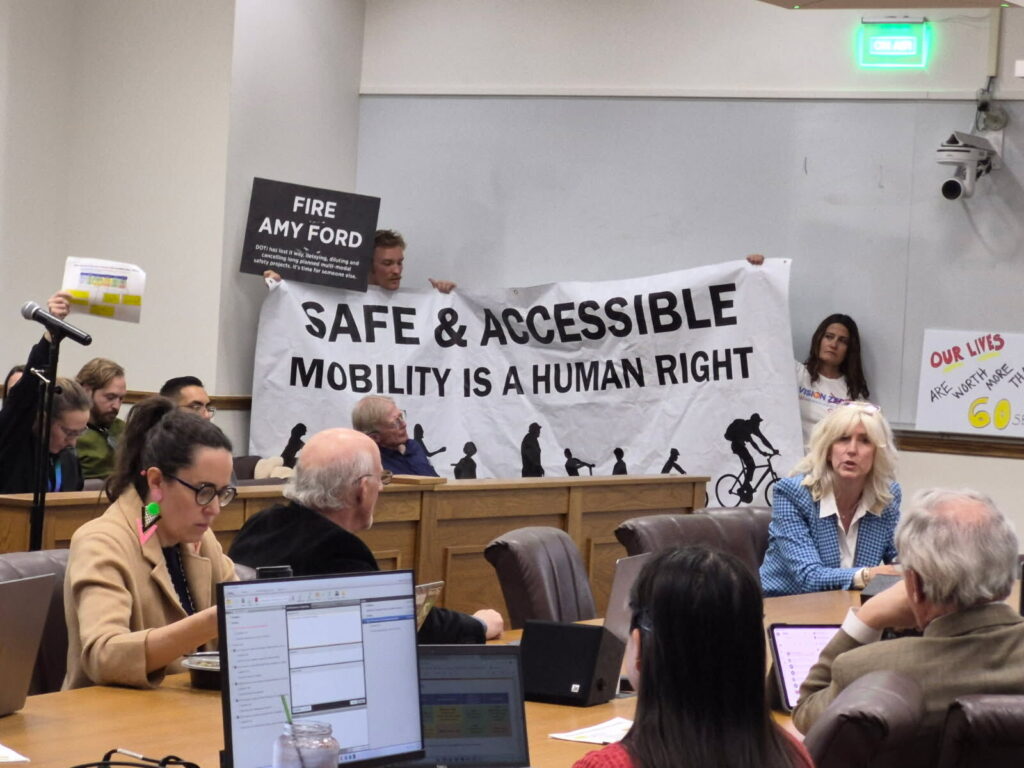Auditors, Denver City Council mince words regarding spending policy

Denver’s councilmembers continue to give city funds to local organizations using a process lacking clarity and accountability, weakened by inconsistent terminology and legal opinions around donations, sponsorships and grants, according to city auditors.
City Council officials countered that no definitions exist in the city charter or in ordinance for these terms and changing them at one level would have a ripple effect across government.
In a new follow-up report, Denver Auditor Timothy O’Brien commended the City Council on its efforts to remedy recommendations from an earlier audit but suggested there’s more work to be done.
“I commend the City Council for doing a great job implementing most of our recommendations from our initial 2023 audit,” Auditor O’Brien said. “But the lack of clarity around the issues of appropriate spending will be scrutinized more than ever in this economic climate.”
The City Council implemented eight recommendations, partially implemented four, and did not implement two, the auditors said.
While the council has made strides in formalizing policies and procedures for other recommendations, such as collecting keys and badges from departing councilmembers and staffers, plus conducting an annual inventory of technology devices, auditors pointed out that recommendations to address the lack of clarity around donations, sponsorships, or grants have not been resolved.
“City Council members’ offices receive taxpayer funding for their office budgets and use some of it to support local organizations,” a statement released from O’Brien’s Office on Nov. 20 said. “Our 2023 audit found councilmembers’ offices inconsistently followed council policies and procedures, as well as some city rules associated with this type of spending.”
When asked by auditors, Denver City Council President Amanda Sandoval is unsure of exactly how much money has been given in donations, grants and sponsorships, citing that “it’s complicated” because she does not have oversight over how other councilmembers spend money.
“I don’t know that number because it’s not my job as council president to tell another council office to give or not give, she said.
Audit Manager Emily Owens Gerber estimated that in 2024, that number was somewhere near $500,000, based on city records.
Auditors recommended that the City Council seek legal opinion from the City Attorney’s Office on the limits of what qualifies as spending for “public purpose.”
“Instead, we found a lack of clarity persists, including inconsistent definitions for ‘donations’ and ‘sponsorships’ in City Attorney’s Office presentations and City Council office documents,” auditors said. “Because of this inconsistency in terminology, there is still no clear guidance regarding the appropriateness of councilmembers providing city funds to local organizations.”
During a Nov. 20 meeting of the Independent Auditors Committee, City Sandoval pushed back on assertions that the council failed to obtain legal definitions for “donations,” “sponsorships,” and the “appropriateness” of providing funds to local organizations.
“To be clear, the Council did seek and receive legal counsel from attorneys assigned to it by the City Attorney’s Office,” a statement from the City Council said. “The Council was advised that no definitions for these terms exist in the city charter or ordinance. Furthermore, the attorneys cautioned that a determination of definitions would have unintended consequences for other city agencies, including the mayor’s office and departments that also provide funds to local organizations.”
The city charter assigns each elected official, including the auditor, the responsibility to file financial reports directly with the clerk and recorder.
“The follow-up report and today’s press release imply that the Council’s administrative staff should take on responsibilities that fall to the elected officials themselves,” a council statement said. “This is a misunderstanding of both the law and the structure of city governance.”
Although the Denver City Council has made notable progress, O’Brien noted, “it did not fully address all the risks associated with our original findings.”
Consequently, auditors may revisit the matter in a future audit, he said.


















